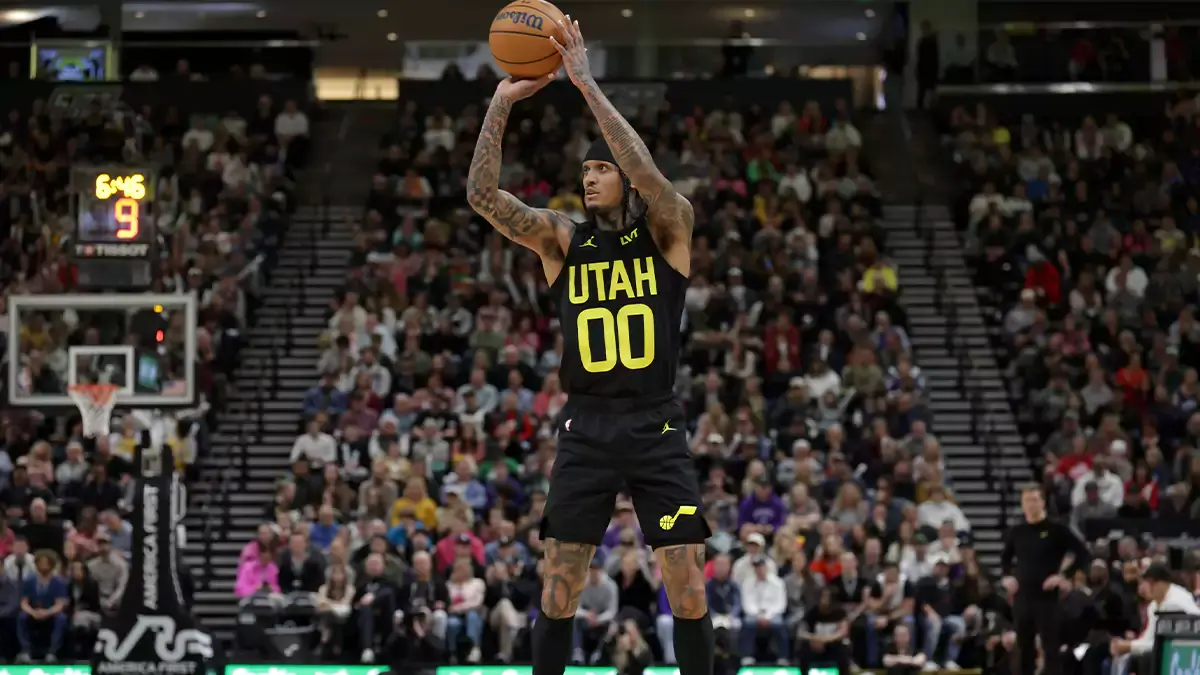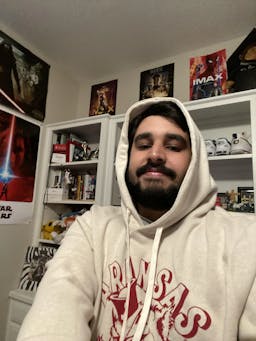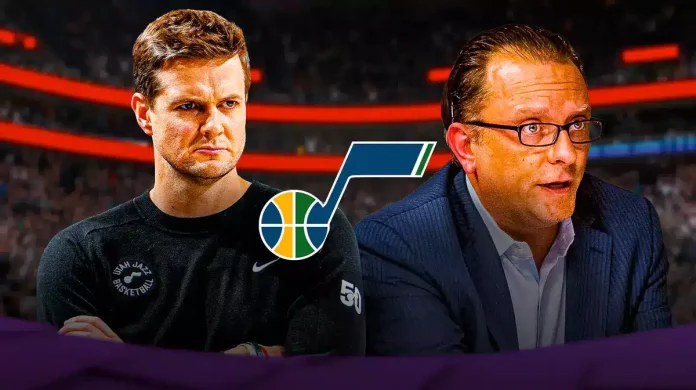While the Jazz had an active NBA trade deadline, they could’ve still done more.
The Utah Jazz are prioritizing the long view when it comes to their roster. In 2022, despite a strong start and a 27-29 record at the trade deadline, the Jazz decided to ship off players like Mike Conley, Jarred Vanderbilt, and Malik Beasley to gain additional draft capital. The 2023-24 season marked the inverse.
Though Utah started the season slow, they turned their season around and entered the trade deadline with a 26-27 record. However, they decided to look long term again and acted as sellers. Their biggest mistake at the trade deadline was that they could’ve done more going this route.
Utah did well for the lane they chose; they got the Washington Wizards’ 2024 second-round pick for Simone Fontecchio and got a first-round pick from the Toronto Raptors for the combo Kelly Olynyk and Ochai Agbaji. It’s more worth the Jazz’s while to go this route; getting first-round picks and giving young players more reps is more important than chasing a play-in spot that will likely end in a first-round exit.
Rookie lottery first-round pick Taylor Hendricks is about to see a big jump in playing time taking Kelly Olynyk’s spot in the Jazz’s rotation. Keyonte George has already been a rotation mainstay in Utah, but there has been a logjam for minutes among Utah’s guards. That logjam still exists. The Jazz could’ve leveled that out and got more draft capital for some of those players.

If there’s anybody the Jazz should’ve offloaded at the trade deadline, it should have been Jordan Clarkson. The surplus of guards Utah has from Clarkson, George, Collin Sexton, Kris Dunn, and even Talen Horton-Tucker have warranted minutes. Utah has another rookie guard in Brice Sensabaugh who will need some playing time in the future as well.
The difference with Clarkson and most of those other guards, however, is that the veteran is not signed with the Jazz long term. Clarkson is on the last year of his current contract and is slated to be a free agent after this season.
Utah inked Collin Sexton to a four-year $71 million deal before last season. Keyonte George has three more seasons left on his rookie deal, and based on his play as a rookie, there will be more years after that with George in a Jazz jersey.
Utah might already have their backcourt of the future, so where does that leave Clarkson? Having a dynamic sixth man like him to bring some scoring pop off the bench is nice, but is also fairly replaceable.
Even if the Jazz could only get a couple of second-round picks for him, it would’ve been better to get something rather than risk losing Clarkson for nothing. If they don’t exactly want to make the play-in tournament and were sellers at the trade deadline, why not go all the way with it?
Kris Dunn
It’s at least a bit more understandable why the Jazz held on to Kris Dunn at the trade deadline. Dunn’s skillset doesn’t overlap with their other guards the way Clarkson’s score-first nature does with the likes of George and Sexton. Dunn is more of a defender and facilitator, which can help him mesh alongside Sexton and George better.
Utah also has an edge in re-signing Dunn in free agency over many teams. With Utah having early-bird rights on Dunn, they can offer him roughly the midlevel exception to retain his services. It seems that Utah should be able to bring Dunn back at that number with limited competition.
However, he too is slated to be a free agent, and because he is making the minimum, Utah could’ve sent him to a team that is contending and perhaps get more for Dunn than anticipated. They elected to hang on to him.
Dunn is a good player, so it is never a bad thing to hold on to players like that. But if the Jazz really wanted to sell and accrue draft picks, they could’ve gotten even more than what they got by trading players like Dunn and Clarkson.

About the Author
Shervon Fakhimi was born and raised in Fayetteville, Arkansas, and is an editorial writer at ClutchPoints. He is a big sports fan who dearly loves the Los Angeles Lakers, Green Bay Packers, and Arkansas Razorbacks.
Source link


